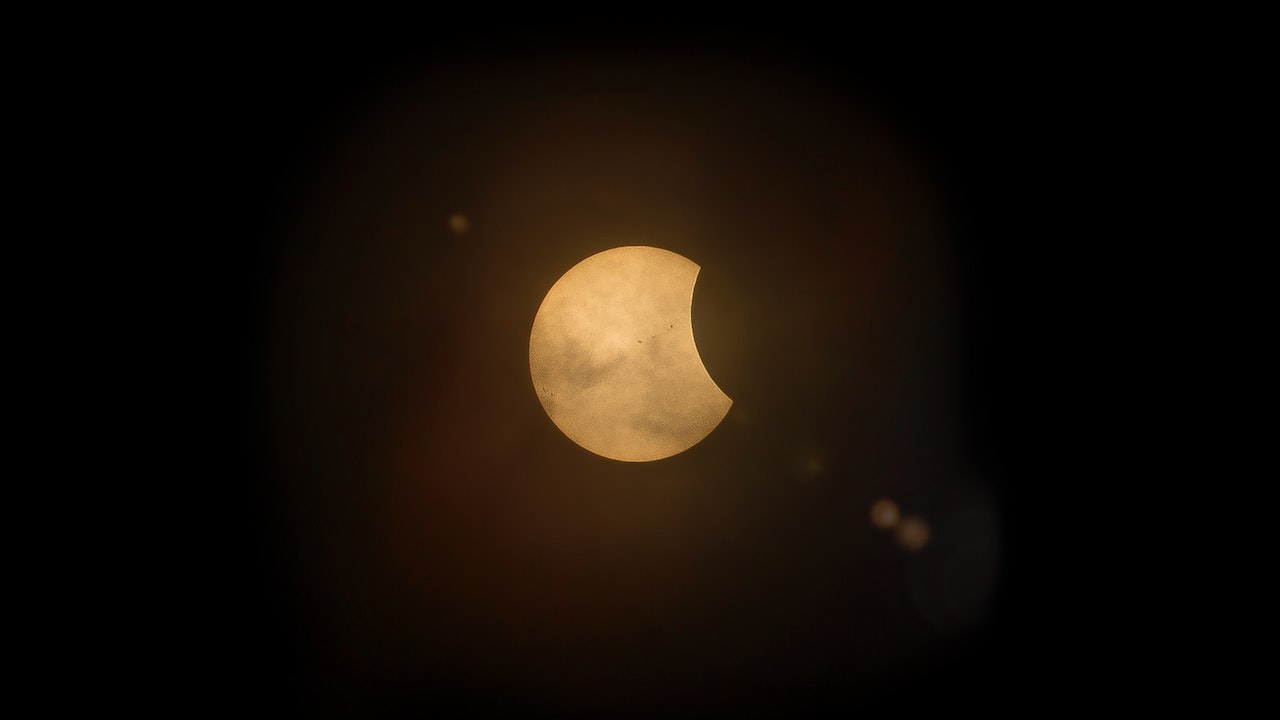Understanding the Differences Between Vedic and Western Astrology: A Comparative Analysis

Vedic astrology, also known as Jyotish, is an ancient system of astrology that originated in India and has its roots in the Vedas, the sacred texts of Hinduism. Western astrology, as mentioned earlier, traces its origins to ancient Mesopotamia and Greece. Here are the key differences between Vedic and Western astrology:
- Zodiac System: The zodiac system used in Vedic astrology is sidereal, meaning it is based on the actual positions of the constellations in the sky. The Vedic zodiac is divided into twelve equal signs, known as Rashis, which are aligned with the constellations. In contrast, Western astrology uses the tropical zodiac, which is based on the seasons and the position of the Sun relative to the Earth’s equator. The tropical zodiac begins with the Vernal Equinox and divides the zodiac into twelve equal signs of 30 degrees each.
- Ayanamsa: Ayanamsa refers to the difference in the starting points of the zodiac used in Vedic and Western astrology. Due to the precession of the Earth’s axis, there is a slight shift over time. Vedic astrology typically uses a specific ayanamsa value to adjust the zodiac positions, while Western astrology does not generally incorporate ayanamsa adjustments.
- Interpretation and Techniques: Vedic astrology places a strong emphasis on the concept of karma and the idea that an individual’s destiny is influenced by past actions and the cosmic energies at play. It utilizes a complex system of calculations and predictive techniques, such as dasas (planetary periods), transits, and yogas (planetary combinations), to analyze and predict events in a person’s life. Western astrology also employs various techniques, including transits, progressions, and aspects, but may have different interpretations and focuses more on psychological analysis and personality traits.
- Houses: Both Vedic and Western astrology use the concept of houses, which represent different areas of life. However, there are some differences in the way houses are calculated and interpreted. Vedic astrology uses whole sign houses, where each sign represents a whole house. In Western astrology, the houses are usually calculated based on the Ascendant (rising sign) and can vary in size, depending on the latitude and time of birth.
- Cultural and Philosophical Influences: Vedic astrology is deeply rooted in Indian culture, spirituality, and philosophy. It incorporates concepts from Hinduism, such as karma, dharma, and reincarnation. Western astrology, on the other hand, has been influenced by various philosophical and cultural traditions, including Hellenistic, Roman, and later psychological approaches.
It’s worth noting that while there are differences between Vedic and Western astrology, they both share the common goal of understanding human nature and predicting events based on the positions of celestial bodies. Individuals often choose the astrology system that aligns with their cultural background, personal beliefs, and resonates with them on a deeper level.
Sources
- Barton, Tamsyn (1994). Ancient Astrology. Routledge. ISBN 978-0-415-11029-7.
- Holden, James Herschel (2006). A History of Horoscopic Astrology (2nd ed.). AFA. ISBN 978-0-86690-463-6.
- Long, A.A. (2005). “6: Astrology: arguments pro and contra”. In Barnes, Jonathan; Brunschwig, J. (eds.). Science and Speculation. Studies in Hellenistic theory and practice. Cambridge University Press. pp. 165–191.
- Robbins, Frank E., ed. (1940). Ptolemy Tetrabiblos. Harvard University Press (Loeb Classical Library). ISBN 978-0-674-99479-9.
- Beck, Roger (2007). A brief history of ancient astrology. Malden, MA: Blackwell Pub. ISBN 978-0-470-77377-2. OCLC 214281257.
- Rochberg, Francesca (10 July 2018). “Astral Sciences of Ancient Mesopotamia”. In Keyser, Paul T.; Scarborough, John (eds.). Oxford Handbook of Science and Medicine in the Classical World. Oxford University Press. pp. 24–34. doi:10.1093/oxfordhb/9780199734146.013.62. ISBN 978-0-19-973414-6.
- Ruggles, C. L. N.; Saunders, Nicholas J. (1993). Astronomies and cultures : papers derived from the third “Oxford” International Symposium on Archaeoastronomy, St. Andrews, UK, September 1990. Niwot, Colo.: University Press of Colorado. ISBN 0-87081-319-6. OCLC 28929580.
- Campion, Nicholas (7 July 2014). “Astrology as Cultural Astronomy”. Handbook of Archaeoastronomy and Ethnoastronomy. New York, NY: Springer New York. pp. 103–116. doi:10.1007/978-1-4614-6141-8_16. ISBN 978-1-4614-6140-1.
- Grim, Patrick (1990). Philosophy of science and the occult. Albany: State University of New York Press. ISBN 0-7914-0204-5. OCLC 21196067.








Connect me